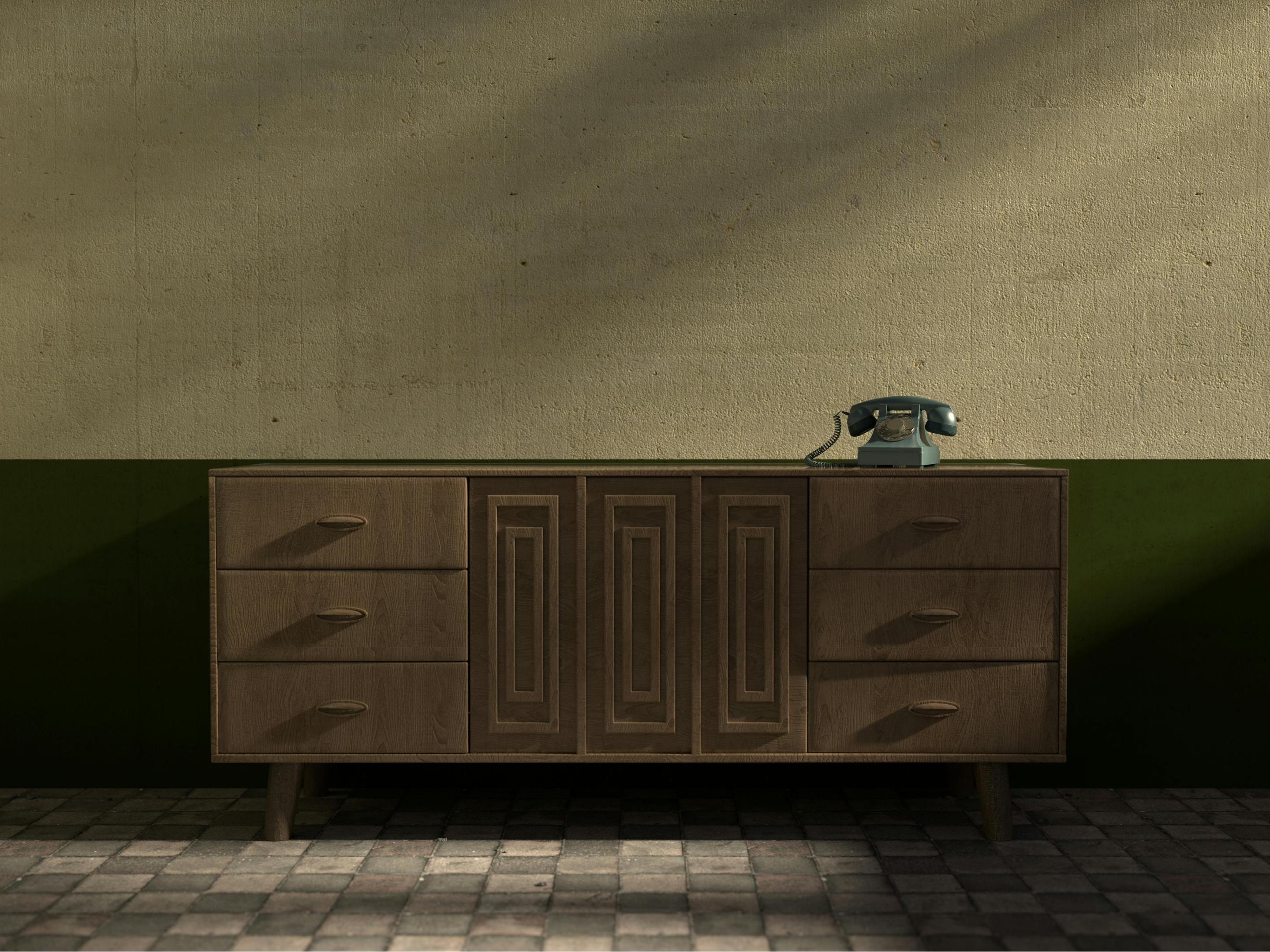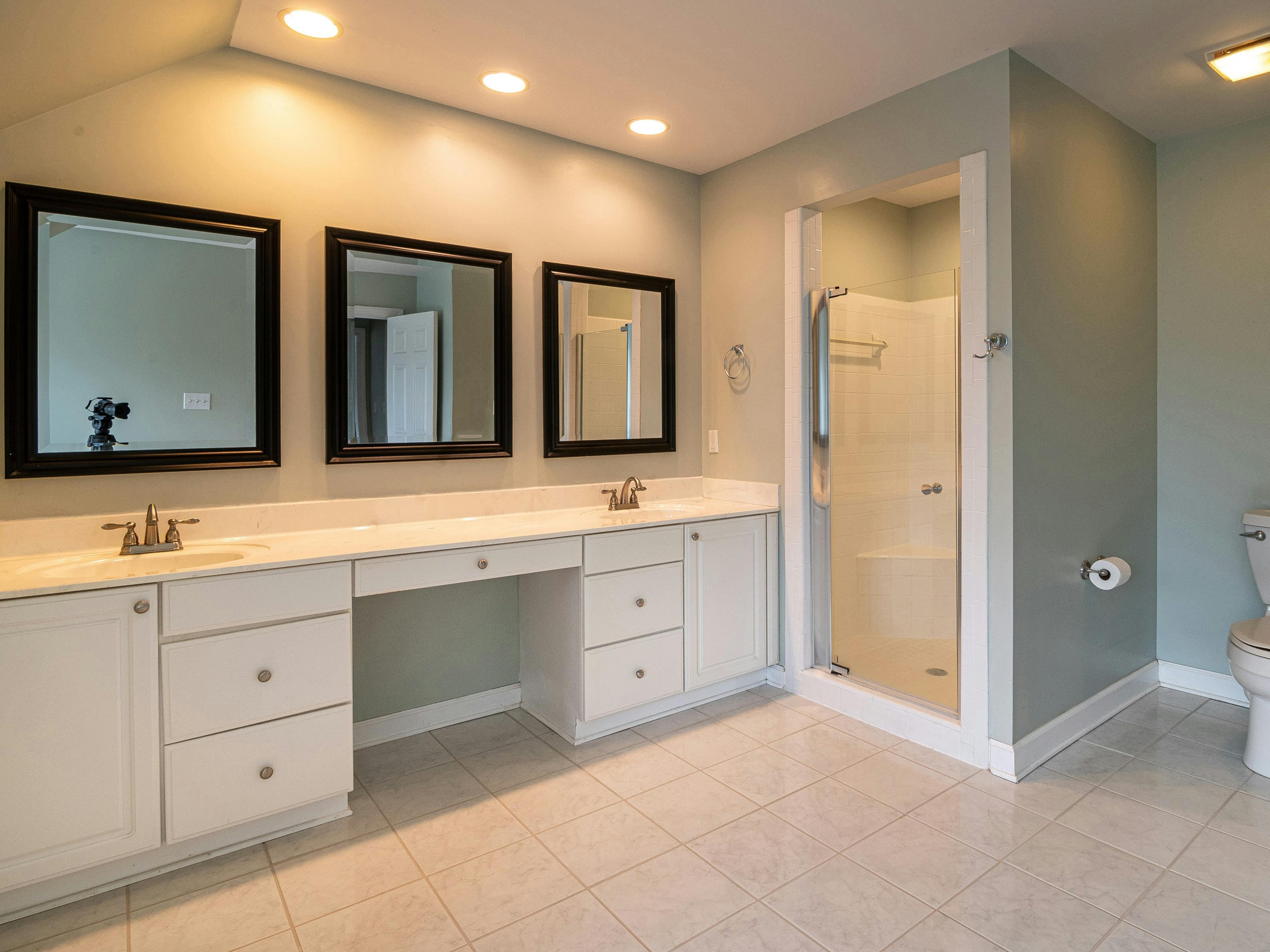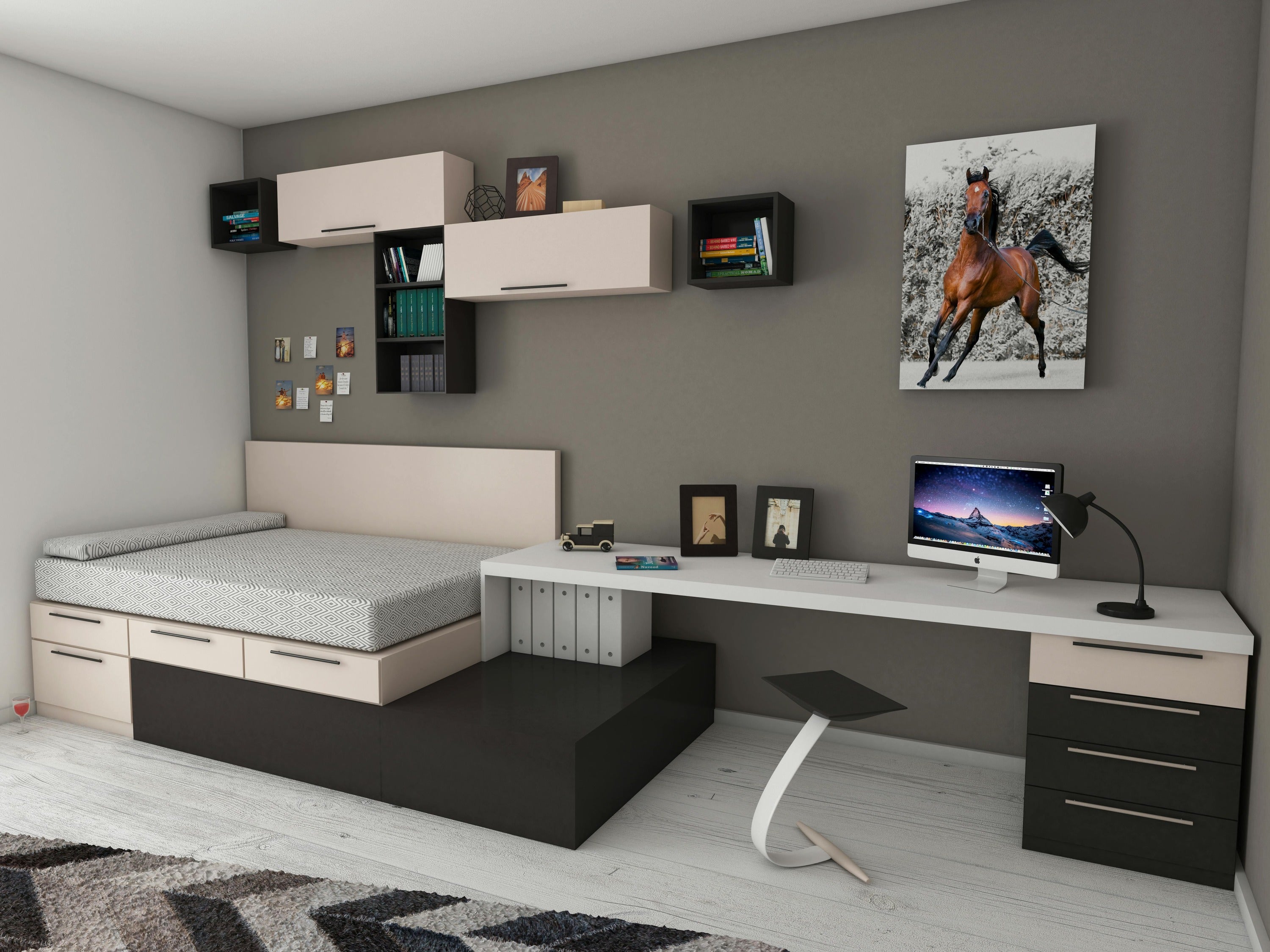
How to Make Drawers: A Step-by-Step Guide
I’ve always loved working on DIY projects, and building drawers is one of those tasks that feels incredibly rewarding. Not only do drawers add functionality to furniture, but they also give me a chance to personalize the design. Over time, I’ve learned a few tips and tricks that make the process much smoother. Whether it’s for a new cabinet, a dresser, or a custom storage piece, making drawers doesn’t have to be complicated.
If you’re ready to roll up your sleeves and get started, here’s how I like to approach making drawers from scratch.
Step 1: Plan and Measure
Before cutting any wood, I spend time planning and measuring. Precise measurements are critical for a functional and attractive drawer. First, I determine the size of the drawer box. This involves measuring the inside of the cabinet or frame where the drawer will go, leaving enough room for the slides and smooth operation.
A quick tip I’ve learned is to subtract the width of the drawer slides from the total opening width. For example, if the opening is 12 inches wide and the slides take up 1 inch, the drawer box should be 11 inches wide.

Step 2: Gather Materials and Tools
Once the measurements are ready, I gather the materials. Here’s what I usually use:
- Plywood for the sides and bottom (½-inch or ¾-inch thick works well)
- Hardwood for the drawer face
- Drawer slides
- Screws
- Wood glue
- Sandpaper
- A set of stylish drawer knobs (more on this later)
The tools I rely on include a saw (circular or table saw), a drill, clamps, and a tape measure. Having everything ready makes the process much more enjoyable.
Step 3: Cut the Wood
Using the measurements, I cut the plywood for the drawer box. The box consists of four pieces: two sides, a front, and a back. For the bottom, I cut a separate piece to fit snugly inside the box.
Here’s a small trick I’ve picked up: label each piece as it’s cut. It’s easy to get the parts mixed up, especially when building multiple drawers. A quick pencil mark on each piece helps keep everything organized.

Step 4: Assemble the Box
With all the pieces cut, it’s time to assemble the box. I apply wood glue along the edges where the pieces join, then use clamps to hold them in place while drilling pilot holes for screws. The screws secure the sides to the front and back pieces.
Next, I attach the bottom panel. Depending on the design, I either glue it into a groove cut along the sides or simply screw it to the bottom of the box. Either method works, but I like using grooves for a cleaner look.
Step 5: Sand and Smooth
Once the box is assembled, I grab some sandpaper and smooth out the edges and surfaces. This step ensures the drawer glides smoothly without catching on splinters or rough spots. Sanding also prepares the wood for finishing.
Step 6: Add the Drawer Face
The drawer face is the part everyone sees, so I take extra care here. I choose a piece of hardwood that matches the style of the furniture. After cutting it to size, I attach it to the front of the drawer box with screws from the inside.
Here’s where I like to add some flair. A carefully selected drawer knob can transform the look of a drawer. I recently used a sleek, modern knob for a dresser project, and it completely elevated the design. Drawer knobs come in so many styles, from classic brass to brushed nickel, making it easy to match any aesthetic.

Step 7: Install Drawer Slides
Installing drawer slides can be tricky, but with a little patience, it’s straightforward. I start by attaching the slides to the inside of the cabinet or frame, following the manufacturer’s instructions. Then, I attach the matching parts of the slides to the sides of the drawer box.
Aligning everything correctly is crucial for smooth operation. I like to test the fit and make small adjustments before securing everything in place.
Step 8: Finish and Style
With the drawer fully assembled, it’s time for the finishing touches. I usually apply a stain or paint to match the furniture, followed by a protective sealant. Once the finish is dry, I attach the drawer knob. This final detail not only adds personality but also makes the drawer practical and easy to use.
In my experience, drawer knobs are more than just functional. They’re like the jewelry of furniture—small but impactful. A well-chosen knob can tie together the design of a piece or even become a focal point. I’ve seen knobs in every style imaginable, from vintage-inspired designs to sleek, minimalist shapes.
For a recent project, I used a set of brushed brass knobs. The warm, metallic finish added a touch of elegance to a simple wooden dresser. Another time, I opted for sleek matte black knobs for a kid’s room storage unit. It’s incredible how such a small detail can make a piece feel unique and personal.

Step 9: Test the Drawer
The final step is testing the drawer. I slide it in and out a few times to make sure it moves smoothly and aligns properly. If there’s any sticking or unevenness, small adjustments to the slides or sanding the edges usually fix the issue.
Tips for Success
- Take your time: Rushing through measurements or cuts can lead to mistakes. Precision is key for a well-fitting drawer.
- Invest in quality knobs: A sturdy, stylish knob can last for years and enhance the look of the furniture.
- Keep it simple: If building drawers for the first time, start with a basic design. Once comfortable with the process, experimenting with different styles and features becomes easier.

Final Thoughts
Making drawers might seem daunting at first, but once you get the hang of it, it’s incredibly satisfying. From the initial measurements to attaching the perfect drawer knob, each step is an opportunity to create something functional and beautiful.
Every time I finish a project, I feel a sense of accomplishment—and a little excitement to start the next one. If you’re thinking about building drawers, give it a try. With some patience and creativity, the results are well worth the effort.


